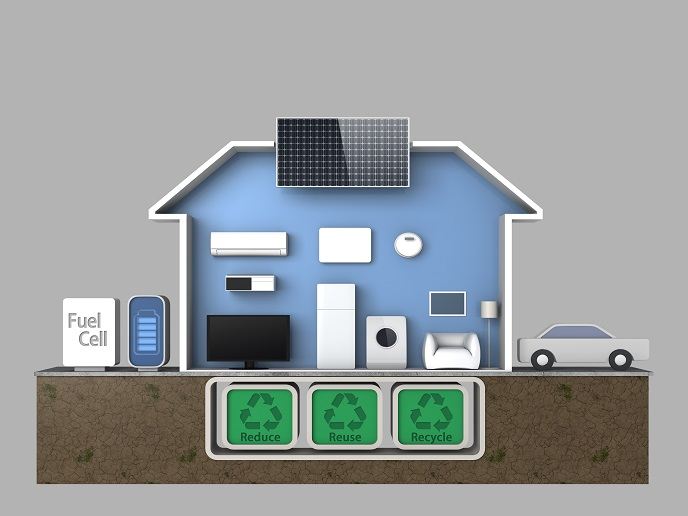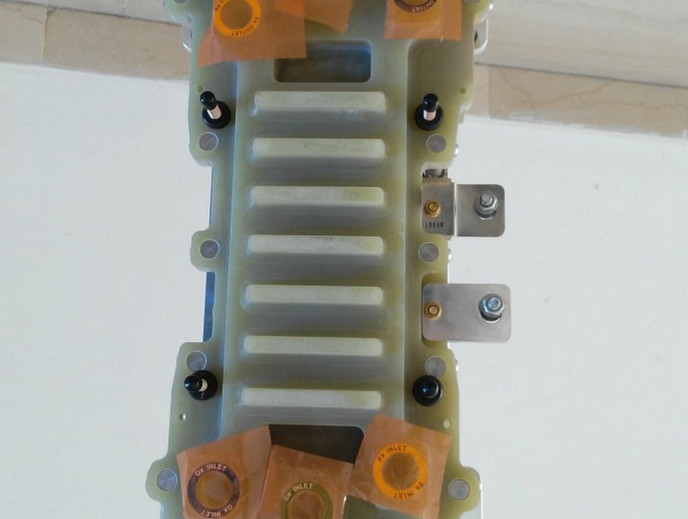Innovative catalysts for fuel cells
FCs that convert chemical energy into electricity are a clean alternative to fossil fuel combustion. Platinum is one of the most commonly used catalysts that accelerate the FC chemical reaction. Although effective, platinum remains very expensive. The EU-funded project SMARTCAT(opens in new window) (Systematic, material-oriented approach using rational design to develop break-through catalysts for commercial automotive PEMFC stacks) is reducing the amount of platinum content by replacing it with different materials as such as specific ternary alloyed clusters. The successful development of these materials is a next step towards eliminating the largest obstacle to large-scale commercialisation of FC technology. Advanced computational techniques developed in the SMARTCAT project help in determining the optimal cluster composition and geometry. This work will is supported by electrochemical analysis of the prepared corresponding catalysts. Highly efficient tri-metallic catalytic nano-structured layers with ultralow platinum loading should be a world-class breakthrough in catalyst development. Scientists have evaluated catalysts based on platinum-palladium-gold alloys. They found that keeping gold concentration under 25 % increases catalyst activity. In addition, the team has explored other promising tri-metallic catalysts based on a platinum-(nickel or copper or cobalt)-gold alloys. Another focus of the project has been the development of efficient electrode supports capable of withstanding high voltages and temperatures to catalyse both hydrogen oxidation and oxygen reduction. So far, scientists have developed both computational and experimental approaches to build new and efficient supports that are also sufficiently conductive and resistant to corrosion during FC operation. SMARTCAT breakthrough catalysts are expected to reduce membrane electrode assembly costs by approximately 35 %, bringing Europe to the forefront of FC development for automotive applications. Sustainable energy production through efficient and cost-effective FC technology is a major goal in Europe. Development of new alloys within the scope of SMARTCAT can support a future European hydrogen economy.







